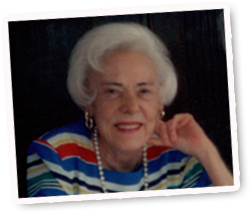
- Fellowship year:2021-2022
- University: University of Illinois-Urbana-Champaign
- Dissertation Topic/Category: Modern Europe (includes Russia)
- Dissertation Title: 'We (Re)turn to Islam and Revive our Country': Religious Trajectories, Conversion, and the Search for Morality, Spirituality and Community in Late Soviet and Post-Soviet Russia, 1970-2020
This project examines the development of new faith communities in the European part of Russia during the late Soviet and post-Soviet periods (1970s to the present), through the lens of young ethnic Russian converts to Islam - young, educated and socially engaged individuals who believe that Russia suffers from moral and spiritual degradation and see Islam as a way to make their society more moral, just, and resilient. First and foremost, I focus on converts' personal trajectories and experiences, and therefore this research relies heavily on oral histories as well as on smaller, non-official archives. Moreover, by focusing on converts to Islam in the European part of Russia, my research de-centers the study of the history of (Islam in) Russia in a number of ways: it focuses on Muslims in the Western part of the country, an area where they are out of place, rather than in the Muslim-majority areas such as Tatarstan, Bashkortostan, and Chechnya; it de-centers the study of Islam in Russia by investigating the stories of converts, rather than born Muslims; and it provides a less conventional way to study the European part of Russia and ethnic Russians, which usually serves as the stage for histories that foreground Orthodox Russians. Moreover, this project highlights the intellectual and personal journeys and experiences of converts themselves, rather than external — predominantly negative and suspicious — accounts on converts that tend to present these individuals in a exclusively negative light, without noting their own stories and the profound impact their interactions and trajectories have on their later choices. This methodological approach serves as a window into larger questions of ethnic and religious identity, community, and the search for stability in times of great upheavals, in Russia as well as other parts of the world. And as Russian converts by their very existence challenge and help redefine conventional notions of what it means to be Russian and Muslim, this project also provides a more complicated view on ethnic, racial, and religious boundaries, and notions of who belongs and who does not belong in the Soviet and post-Soviet space.
